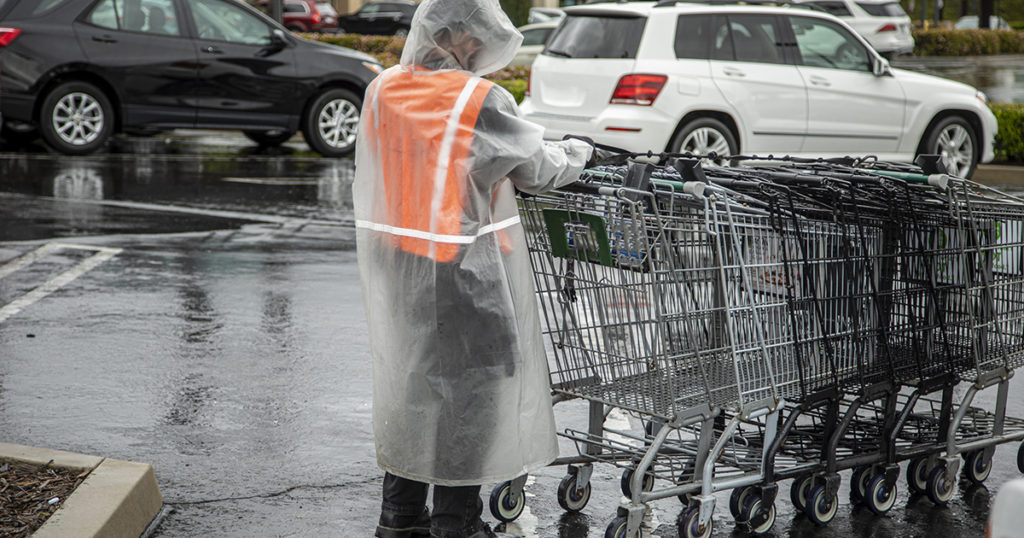
We’ve all heard a lot lately about just how essential our front-line workers are to the on-going functioning of our society and our economy. We‘ve come to understand that, in this world of COVID-19, front-line workers are not only first responders, nurses, and doctors, but also the EMS, medical technicians, hospital housekeepers, grocery store cashiers and stock clerks, sanitation workers, pharmacy technicians, senior caregivers, bus drivers and delivery personnel.
This additional group of workers, many of them our neighbors, have literally become OUR human resources. WE are relying on THEM to be there for us, and to help us in a variety of ways get through this difficult time and beyond
But, how can we be sure that they will remain here? As we’ve said before, it’s only getting more and more difficult for them. When housing costs rise, and they have to pay more than half of their income on rent costs, they either have to look for a second job, which many of them have already done, or they need to move out of Sandy Springs for more affordable housing elsewhere.
Back in 2013, Georgia Tech and the Boston Consulting Group conducted a study for The Essential Economy Council in Georgia. In their analysis, they say that “…we saw that the goods and services provided by these occupations are basic and essential to our economy and our way of life, hence the term Essential Economy.”
In 2017, according to a report by the Atlanta Regional Commission, there were 17,000 JOBS in Sandy Springs that fall into the Essential Economy categories. In addition, a Georgia Tech report explains that there are 6 areas into which the Essential Economy can be grouped based on type of job and skills needed to perform that job.

The workers of the essential economy are vital to our community. They are our neighbors and contribute in many ways to our vitality. We know that now, with the Coronavirus, more than ever. The Georgia Tech report also points to three additional values these workers bring to our economy.
- Employees
The Essential Economy provides jobs and employment for people who have limited choices and options in a U.S. economy that is driven by technology, science and research. While more needs to be understood about the upward mobility and sustainability of these jobs, there is no doubt that a very significant number of workers rely on the jobs, salaries and economics of The Essential Economy.
- Consumers
The goods and services provided by The Essential Economy are basic and fundamental to our society, supporting our individual choices and options for the way we live and work in the modern world. We could not maintain our lifestyles or businesses without The Essential Economy infrastructure.
- Economies
The aggregate financial value of The Essential Economy is material and significant to our local, state and national economies: a fact that has been substantiated by our research in Georgia.
So when we talk about housing that is affordable for our essential workers, keep in mind that these are our neighbors performing jobs and tasks that benefit ALL of us. There is not a person among us that does not need groceries or a clean hospital room or an on-time delivery. Let’s work together to make sure they can live where they work.


